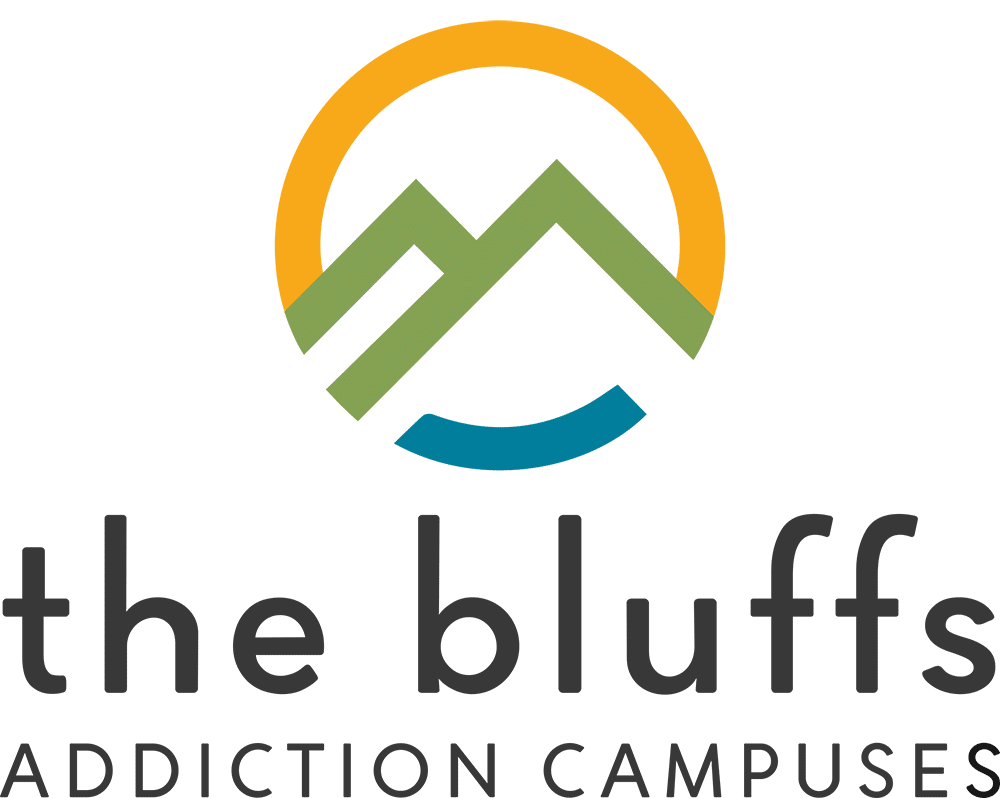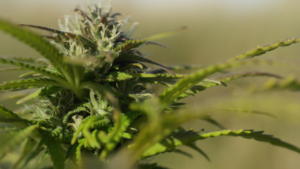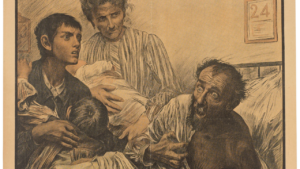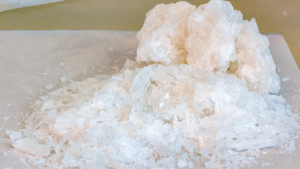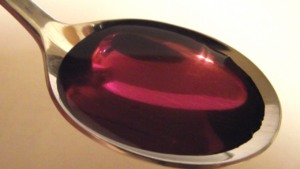Participation in a sober support group after alcohol addiction treatment isn’t mandatory. However, for most people, joining some type of sobriety group is essential to maintaining recovery.
Alcoholics Anonymous (AA) is probably the best-known sobriety support group in the nation. However, it’s not the only one. If a support group sounds like a valuable resource to you, but you’re not sure about AA, there are several other options to consider.
To learn more about sobriety support groups, call The Bluffs at 850.374.5331.
What Is AA?
Alcoholics Anonymous has been helping people get and stay sober since it was founded in 1935. The AA program is based on the Big Book, which includes the 12 Steps and 12 Principles laid out by the program’s founders. These steps and principles are also known in jargon as AA principles.
Members work through the steps and apply the principles to their everyday lives as a way to stay accountable to themselves and others and to promote personal growth through sobriety.
AA has helped millions of people through the decades, but it’s not an evidence-based program, and it’s not necessarily for everyone. While not strictly religious, AA is centered on the belief in a “higher power” and the idea that individuals with alcohol use disorder must surrender themselves to that higher power to stay sober.
Is There Hope for Alcoholics Who Don’t Want to Join AA?
One study published by ResearchGate showed that peer support groups do have a positive impact on recovery and help prevent relapse. In other words, getting involved with a support group is beneficial.
However, by no means is AA the only hope for alcoholics who want and need peer support. Other options include:
- SMART recovery
- S.O.S.
- Life Ring
- Refuge Recovery
By learning about these programs, you can pick the one that suits your needs.
Hope For Alcoholics – Alcohol Addiction Treatment
SMART Recovery
Self-management and recovery training (SMART) is a more scientific approach to recovery. Much of the SMART program is based on ideas from cognitive-behavioral therapy.
Alcohol use disorder is viewed as a dysfunctional habit, not a disease. Teachings from cognitive-behavioral therapy are applied to help people change their dysfunctional ways of thinking and behaving.
S.O.S.
Known as both Save Our Selves and Secular Organization for Sobriety, S.O.S. is a non-religious support group that places emphasis on mutual support and good decision-making. S.O.S. isn’t just one group but a wide network of different non-religious support groups that offer hope to alcoholics as an alternative to AA.
LifeRing
LifeRing was created in California in 1997 as an alternative to AA. It’s a secular 12-step program that holds in-person meetings. Anyone battling alcohol or substance addiction is welcome to attend LifeRing meetings.
The organization also offers support for family members and partners of those who have addiction disorders. In addition to its 12-step recovery program, LifeRing also maintains a “3 S Philosophy,” which refers to sobriety, secularity, and self-empowerment.
Refuge Recovery
Individuals who are drawn to a spirituality-centered but not Christian support program may be interested in Refuge Recovery. Refuge Recovery is grounded in the teachings of Buddhism, with an emphasis on developing a daily mindfulness/meditation practice.
The program provides a variety of resources, including live meetings, online tools, and mantras for meditation. Buddha’s four noble truths and the eight-fold path are used as structures to help members stay sober.
Find Comprehensive Addiction Treatment Programs at The Bluffs
Is AA the only hope for alcoholics? Absolutely not. In fact, AA can be effective for many people. However, recovery isn’t a one-size-fits-all experience. That’s why addiction treatment programs at The Bluffs include a variety of therapies such as cognitive-behavioral therapy, family counseling, Emotional Freedom Technique, EMDR, and more.
The The Bluffs team encourages patients to explore different models of peer support to help them maintain their long-term recovery. Call The Bluffs today at 850.374.5331 for more information.
